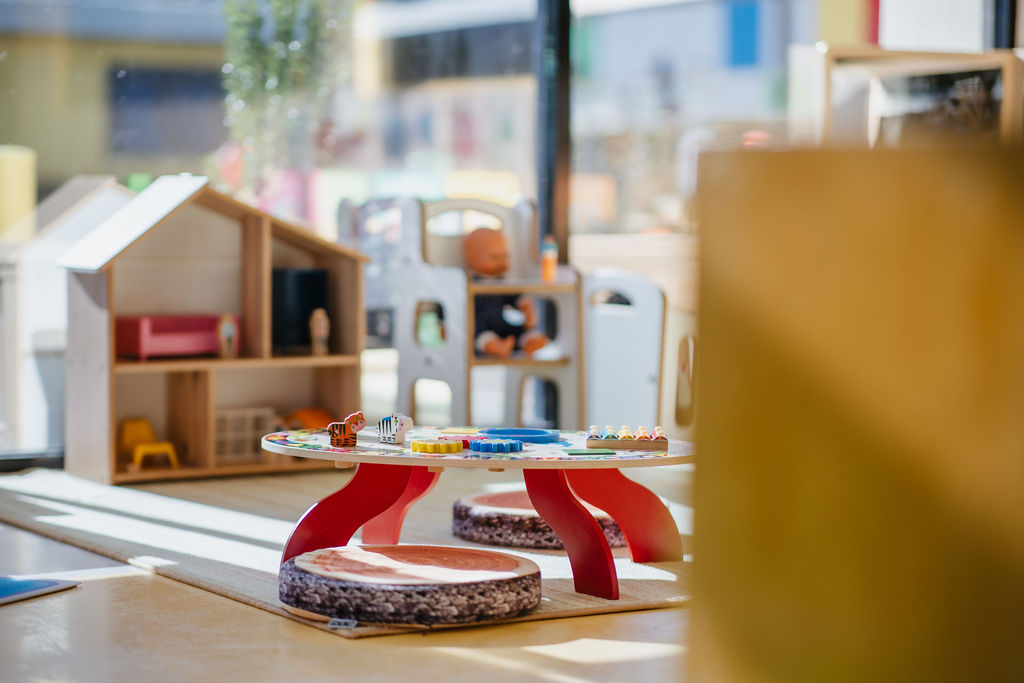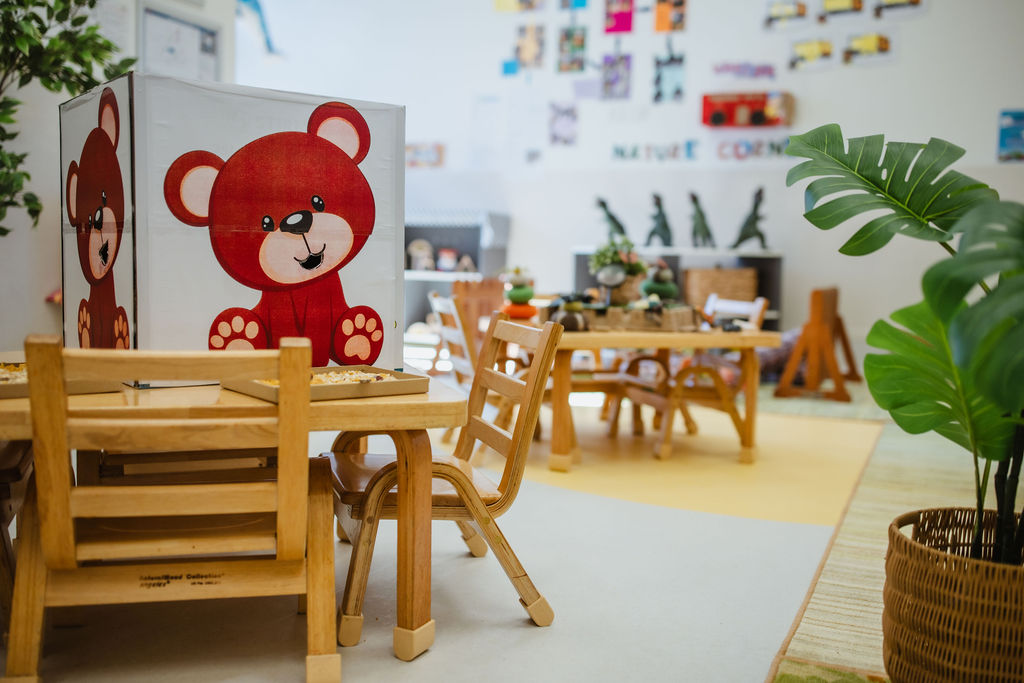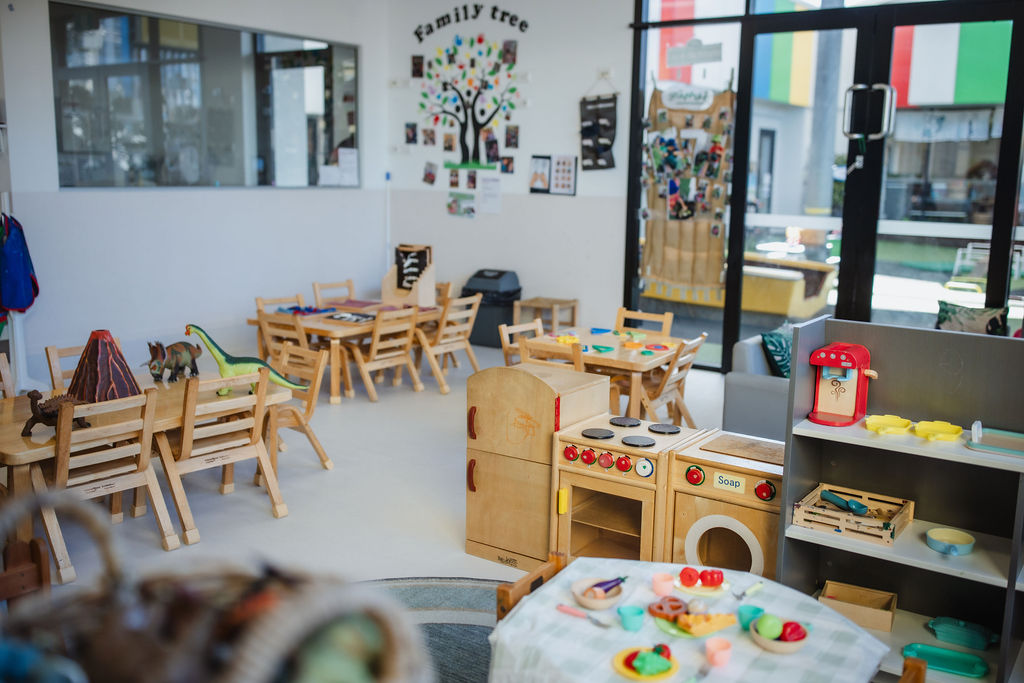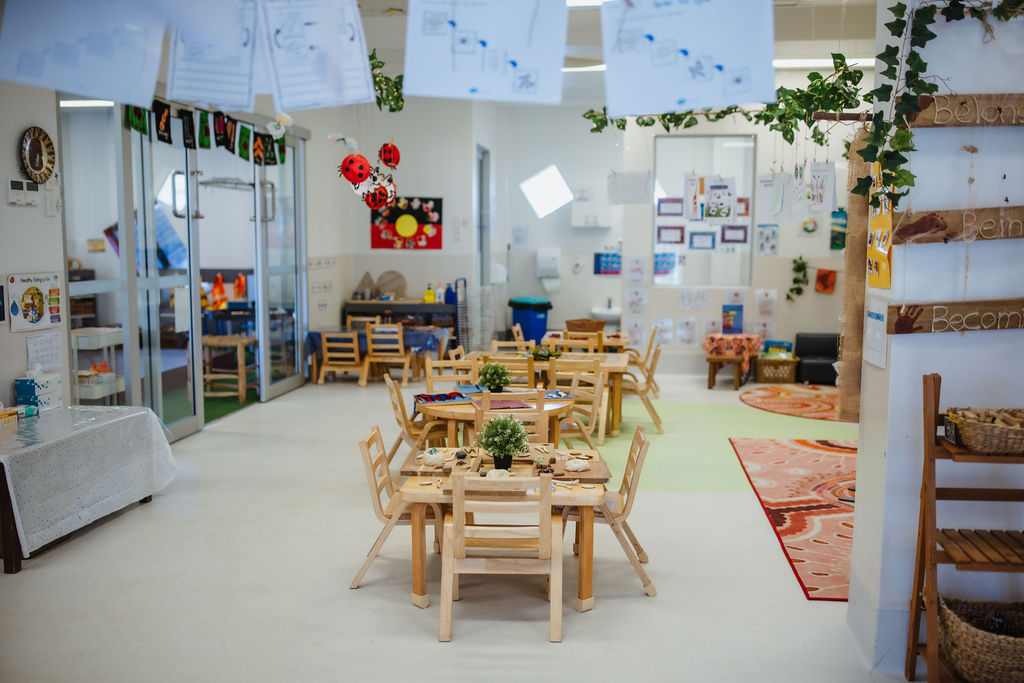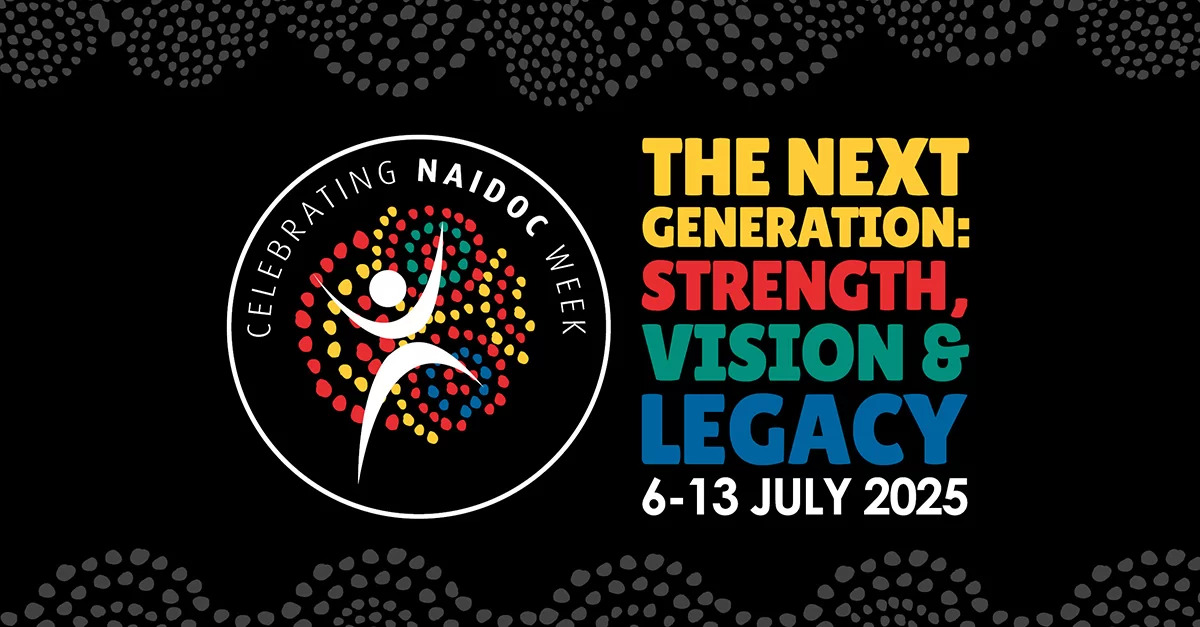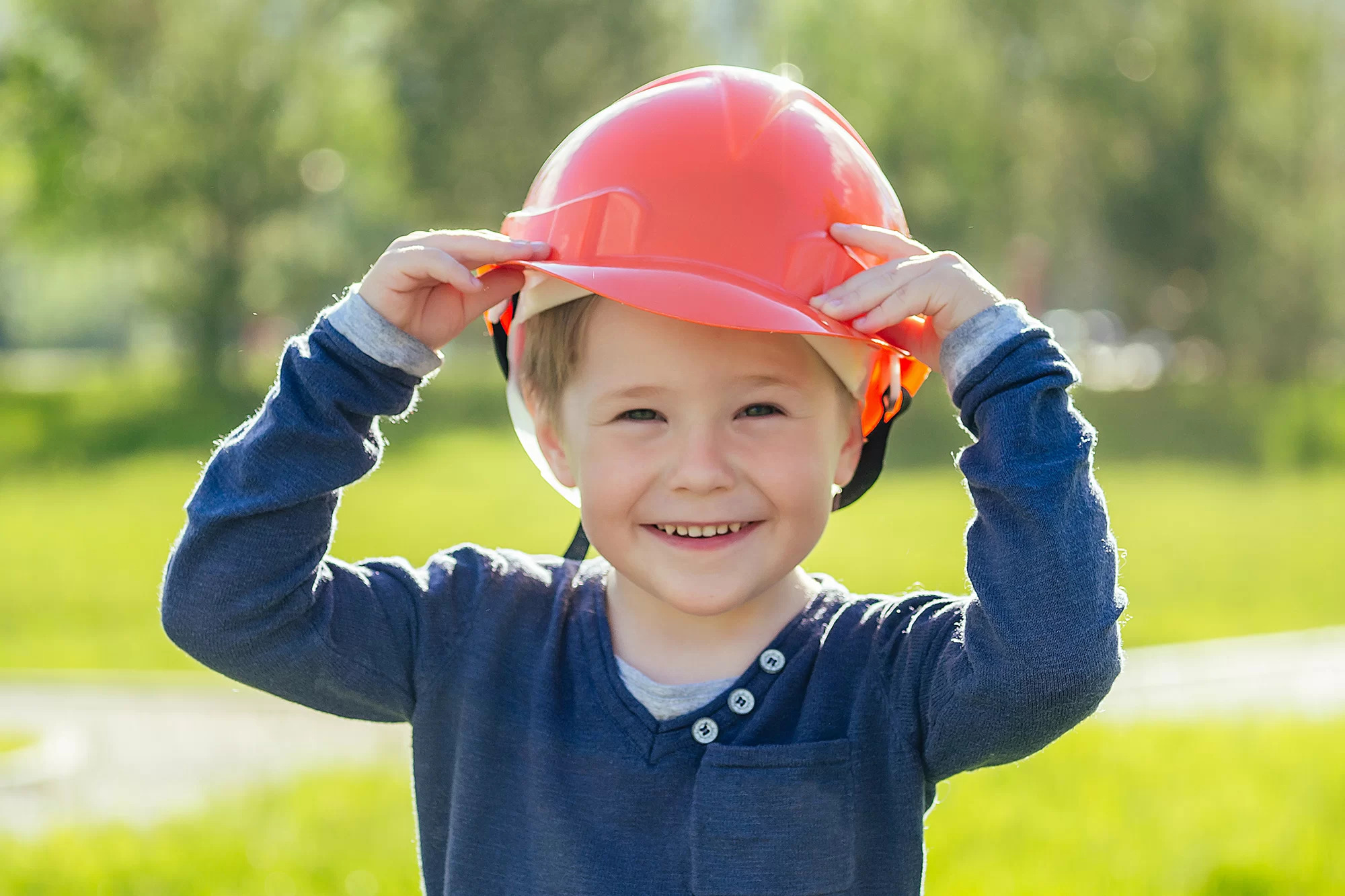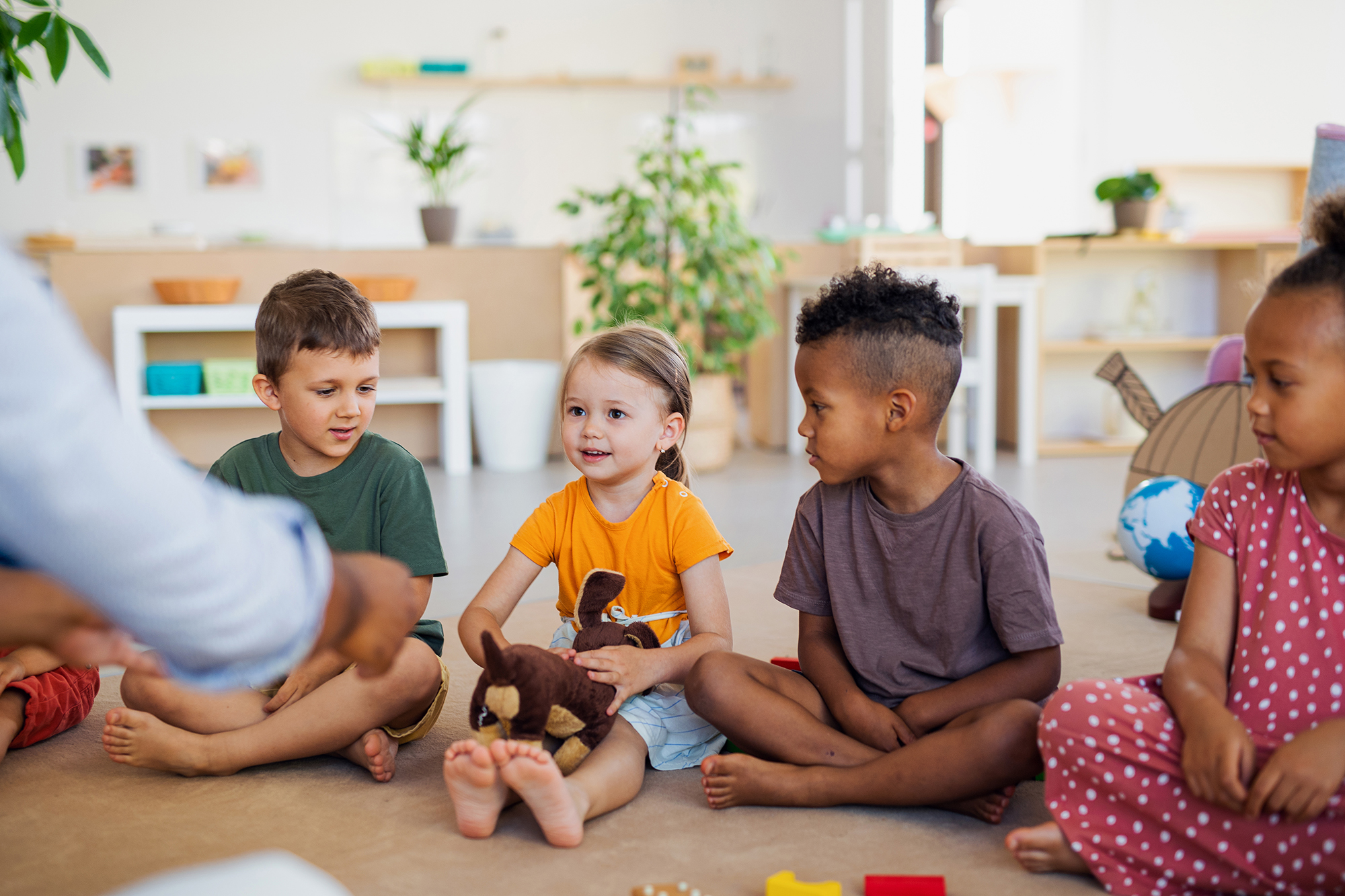The right option for your child.
A Family-Owned Long-Day Child Care Centre
Located in the heart of Southport, My Cubby House Early Learning child care centre is conveniently located with plenty of on-site parking. We are a family-owned long-day care service providing high-quality child care to children aged six weeks to six years.
We aim to provide children with a warm, welcoming, supportive and nurturing atmosphere where your child is encouraged to develop to their full potential.
We are dedicated to the care and education
Our Educational Programs
Our exclusive curriculum, combined with our own digital lesson planning tool, enable teachers to create personalised learning experiences, appropriate to every age group.
Nurturing Children To Grow and Flourish
Philosophy of Learning. Committed to Excellence
Our curriculum is based on the research of the most renowned education experts. Designed by our education team, it’s created to support these important early years, to inspire children to be bold explorers today and joyful, confident learners for life.
We believe that children learn best through play and are inspired by child based learning. We have several different areas of play in each of our groups.

Abecedarian
Approach

QKLG Approved Program
Early Years Learning
Framework

Loose Parts Play
Sustainability Program

Reconciliation Action Plan
Circle of Security
Curriculum
Elements
Abecedarian
Approach
3a is a set of evidence-based teaching and learning strategies for early childhood educators and parents to use with children from birth to five. Click to learn more
QKLG Approved Program
The QKLG guides our university qualified teachers to implement a transition to school program for children prior to primary schooling. MCH has additional programs that supports the children learning journey such as swim program, nature play @ MCH (Broadwater parklands), Kids in the garden, language lessons and Music time.
Early Years Learning
Framework
At MCH we implement the EYLF in all our classrooms from 0-5 years using the 5 learning outcomes, principles and practices. It guides educators in their curriculum decision-making and assists in planning, implementing and evaluating quality in early childhood settings. Click to learn more
Loose Parts Play
Loose parts play is a type of play with objects that can be moved, carried, combined, redesigned, lined up, and taken apart and put back together in multiple ways. Loose parts play helps children develop creative and critical thinking skills by encouraging them to use their imagination and experiment with new ideas freely. Click to learn more.
Sustainability Program
Our Kids in the Garden and Sustainability Program provides children with opportunity to engage in experiences to learn about the natural world. We use the integrated school health resources to support the program.
Reconciliation Action Plan
Jingeri! “We acknowledge the Traditional Custodians of the Land on which our service stands and pay respect to Elders past, present, and future, on whose Land we play and learn. Here are the mountains, here is the sea, here are my friends, come play with me.” At My Cubby House, we endeavour to work together to contribute to a truly reconciled Australia.
Circle of Security
The Circle of Security is a visual map of attachment. The “father” of attachment theory, John Bowlby, said this about attachment: “Intimate attachments to other human beings are the hub around which a person’s life revolves, not only as an infant or a toddler or a schoolchild but throughout adolescence and years of maturity as well, and on into old age. Click to learn more.

Read on to understand our difference
Why Choose My Cubby House
01.
Exceeding the National Quality Standards
We pride ourselves on providing the very best in early learning education and child are. MCH has been rated an ‘Exceeding’ service through assessment and rating process in 7 National Quality areas.
02.
OWNA
We use a sophisticated App called OWNA which is an all-in-one App. Families can view all their child documentations from observations and photos, child’s daily information, Invoices, Centre Events, policies and procedures and so much more. You can learn from this Watch now OWNA Cheatsheet.
03.
Extracurricular activities
At My Cubby House Early Learning we provide additional programs and extracurricular activities that support the educational program and extend children learning experiences. We believe that providing children additional programs maximises the children’s opportunity to engage in learning activities that is fun and engaging. These activities are annually planned and scheduled and are listed in our centre events calendar found on the MCH website.
04.
Community Involvement
At My Cubby House we endeavour to build partnerships with our local & wider community. From visiting our local library, Broadwater parklands, Aquatic centre to hosting charity events and fundraising. We are involved in networking groups in the community such as Broadwater Early Years Networking & Educational Leaders Networking group. We have also increased our understanding and knowledge of the local Kombemerri people and Yugambeh language.
05.
Quality Teachers
My Cubby House Early Learning have quality and qualified educators and teachers that are committed in delivering a quality service that places relationships with families and children at the full front of daily interactions. We believe in the importance of ongoing professional development to ensure our team is knowledgeable of new and contemporary practice and keep up to date with new studies and theories.
06.
Orientation Process
Our orientation program makes the process of you and your child settling into care much smoother through play dates prior to enrolment start day.
Start Your Journey Today
Enriching early childhood education that empowers, supports and celebrates lifelong learning.
Children need healthy, wholesome foods
Healthy Food for Growing Children
My Cubby House Early Learning provides fresh, nutritious and age-appropriate meals daily.
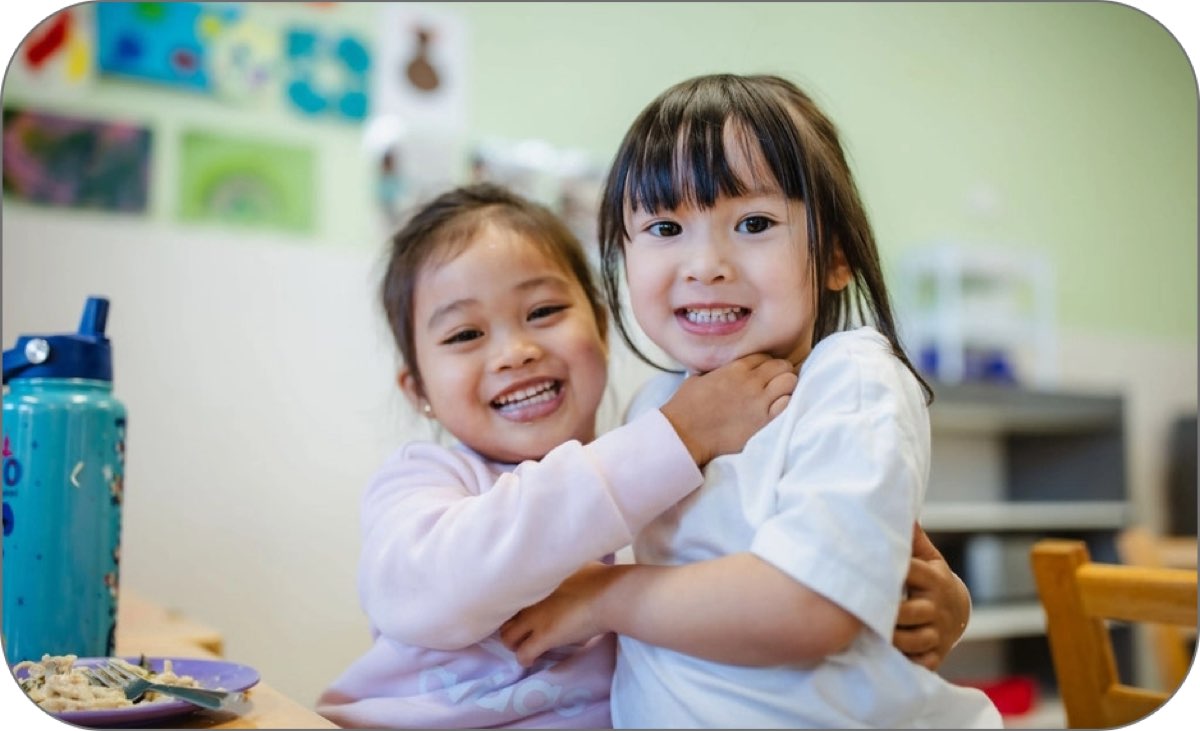
Our Google Reviews
What’s New
Latest News
What Is NAIDOC Week? Celebrating Culture in 2025
Child Safety in Early Learning: Have Your Say
The Importance of Socialisation in Early Childhood
News & Updates from My Cubby House
Join our mailing list to receive centre updates, upcoming events, helpful parenting tips, and a peek inside our Cubby adventures straight to your inbox.
Subscribe to our Newsletter and be part of our Cubby family!





 Facebook
Facebook 2025 Fee Schedule
2025 Fee Schedule
 Calendar of Events
Calendar of Events
 Menu
Menu
 35 Nind Street Southport QLD 4215
35 Nind Street Southport QLD 4215 07 5527 1679
07 5527 1679 info@mycubbyhouseearlylearning.com.au
info@mycubbyhouseearlylearning.com.au  Monday - Friday : 6:30 am to 6:30 pm
Monday - Friday : 6:30 am to 6:30 pm
